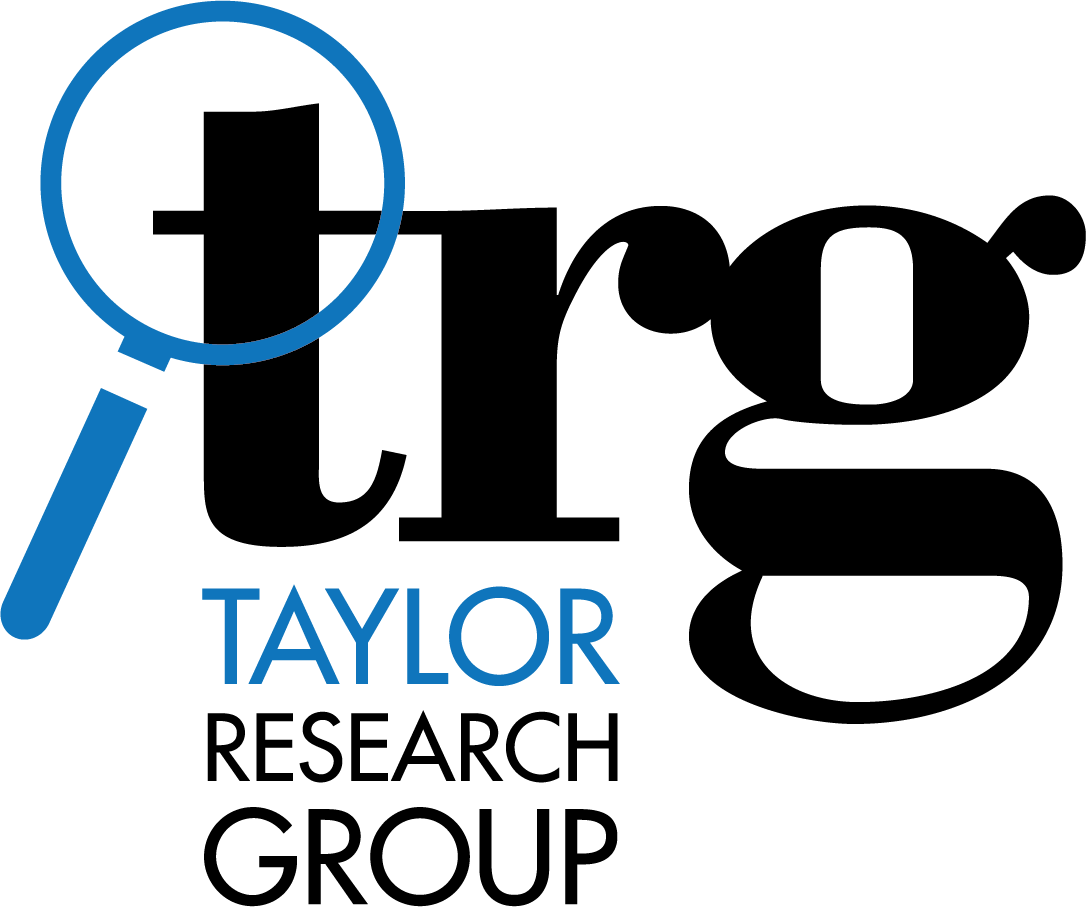It’s the most wonderful time of the year…gift giving season! TRG’s annual gift guide is here to help you shop for your history-loving friends and family. If you need more inspiration, check out our 2022 gift guide.
Meet the Team Tuesday: Ama Ansah
Today’s post in our Meet the Team series features Research Associate Ama Ansah, who holds a BA in History and MA in Public History. Her background extends from conducting historical and environmental research on behalf of government agencies to managing repository visits and digitizing documents. Along with her enthusiasm and expertise in history that she brings to TRG, Ama also provides support on TRG’s communication front, by writing for our blog and newsletters. To learn more about Ama, read her Q&A below.
Four Ways Archives Have Changed Since the COVID-19 Pandemic
Every industry has undergone major changes since the COVID-19 pandemic and archives and related repositories are no exception. As historical researchers, we had a unique perspective as we watched these institutions adjust in real-time. Since 2020, we at TRG have discussed internally the changes we’ve seen at local and national repositories. After all, what happens in the archival world impacts us directly and therefore impacts our clients. From abrupt lockdown to cautious reopening to new normal, here are some of the most significant changes we have seen:
Our Favorite Online Archives and Databases
October is American Archives Month - 2023 update!
October is American Archives Month! That means archives from around the country will promote their collections and archivists will share their knowledge all month long online. As you know, our line of work is dependent on the good folks who care for and curate historical materials. We here at TRG look forward to this month as it helps give us a sense of current trends and happenings in the archives field.
We last wrote about this fun event in 2019, but much has changed since then.
Meet the Team Tuesday: Bennett Koerber
Today’s post in our Meet the Team series features Senior Research Associate Bennett Koerber, who holds an MA and Doctor of Philosophy in American History. In support of his PhD dissertation titled “Liberal Arts Football: Athletics, Academics, and American Higher Education, 1906-1948,” he traveled to federal, state, and local archival repositories across seven states. Now, he is bringing his research expertise and passion for history to TRG. To learn more about Bennett, read his Q&A below.
PFAS: New Developments, Old Problems
Last month, the U.S. Department of Defense issued a new specification for fluorine-free foam (“F3”) that would replace the PFAS-containing AFFF (Aqueous Film-Forming Foam), still widely used by the U.S. military and airport firefighting crews. This is an important step in reducing or ending the use of AFFF, which continues to be used in select applications because it has no adequate replacement. The new specification limits PFAS content in the F3 foam to 1 part per billion. The Federal Aviation Administration (FAA) has been working with the U.S. Navy to develop the new specification, and has advised that it will permit usage of F3 at facilities under its oversight once qualified products have been introduced.
TRG's Favorite Regional Repositories
A Mental Floss article titled “10 Unusual Libraries from Around the World” inspired our team to come up with our very own round up of repositories we have visited throughout this country over the years. In addition to libraries, we expanded the scope of our list to include archives and historical societies. Most of our choices aren’t unusual, but each is unique to the person who chose to write about it. After all, the TRG team spends large chunks of its days hunched over reading tables, card catalogs, and microfilm machines in repositories throughout the country. We collectively spend the most time in two of the country’s largest and most famous: The Library of Congress and the National Archives and Records Administration.
TRG's Holiday Gift Guide
Meet the Team Tuesday: Maayan Rosen
Today’s post in our Meet the Team series features Junior Research Associate Maayan Rosen, who holds both a BA and MA in History. She has extensive knowledge of historical research methods and has conducted research for our environmental and corporate succession projects. Maayan has also assisted in developing comprehensive provenance sheets and chronologies as part of these research efforts. To learn more about Maayan, read her Q&A below.
